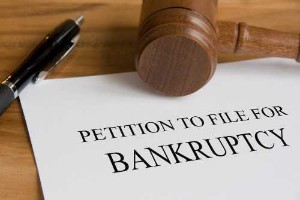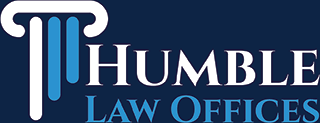Filing for Chapter 7 Bankruptcy

If you have debt accumulating with no way to pay it all off, you are probably worried about your future. Our experienced Jamestown bankruptcy lawyer explains why filing for Chapter 7 bankruptcy might be your best option. Contact our office today to schedule a free consultation.
Filing for Chapter 7 Bankruptcy | Criteria
It is possible to file for Chapter 7 bankruptcy in New York, regardless of city or town, as long as an individual’s average monthly income has been below the median income in New York State. Those who consider filing for bankruptcy must calculate their average monthly income over the previous six months and then refer to New York’s list of criteria in order to check eligibility. An individual will be able to file as long as her or his average monthly income is below the median income for a household of comparable size. For example, a single person with no partner or children must have an average monthly income below $4,335 (an annual income of $52,024) in order to be eligible for Chapter 7 bankruptcy. A married individual or a parent with one child must instead have an income below $5,556 (an annual income of $66,667), as that person’s household would comprise two people. An individual in a three-person household, such as a person with two children or with a spouse and one child, needs a monthly income below $6,596 (an annual income of $79,154) in order to qualify, and so on.
Download Our FREE Bankruptcy Guide
Filing for Chapter 7 Bankruptcy | Benefits
While Chapter 13 is reserved for setting up a repayment plan for bankrupt people to repay their creditors over time, Chapter 7 helps people to eliminate many of their debts, absolving them of any further responsibility to pay off these lingering debts. Essentially, a Chapter 7 bankruptcy informs creditors that an individual simply does not have and will not have the money to pay off all given loans, and most lenders will be legally mandated to cancel that person’s debts.
Some regular expenses and debts will remain, and these can include student loans, alimony, and fines. Home mortgages and car loans are likely to be exempt from bankruptcy as well, and if you have elected to file for a Chapter 7 bankruptcy, you will be required to continue making regular payments or risk the bank repossessing your home and car. Before you file for Chapter 7 bankruptcy, you will need to speak with a bankruptcy attorney in order to better prepare for the debts that your declaration of bankruptcy will not erase. Without a home or motor vehicle, it will be significantly more difficult to continue paying off the debts that persist following a filing.
If you feel that filing for Chapter 7 bankruptcy is right for you, contact our experienced Jamestown bankruptcy lawyers today to set up a free, confidential consultation.
